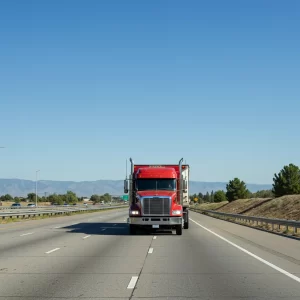
How Do Emission Control Systems Work on Trucks?
Understanding Truck Emission Control Systems | A Driver’s Guide
The Clean Truck Check (CTC) was made by California to help clean the air by cutting pollution from big trucks. This rule came from Senate Bill 210. If your truck is a long-haul or short-haul vehicle and it runs on diesel and weighs more than 14,000 GVWR, you must follow this rule. Trucks that use alternative fuels or are zero-emission might also be included. You have to take part in emissions testing, like quarterly OBD testing and SAE J1667 smoke tests. If you are a fleet owner, using tools like PEAQS, telematics, and a good maintenance plan will help you stay on track. This way, you can avoid registration blocks or fines from CARB or the DMV.
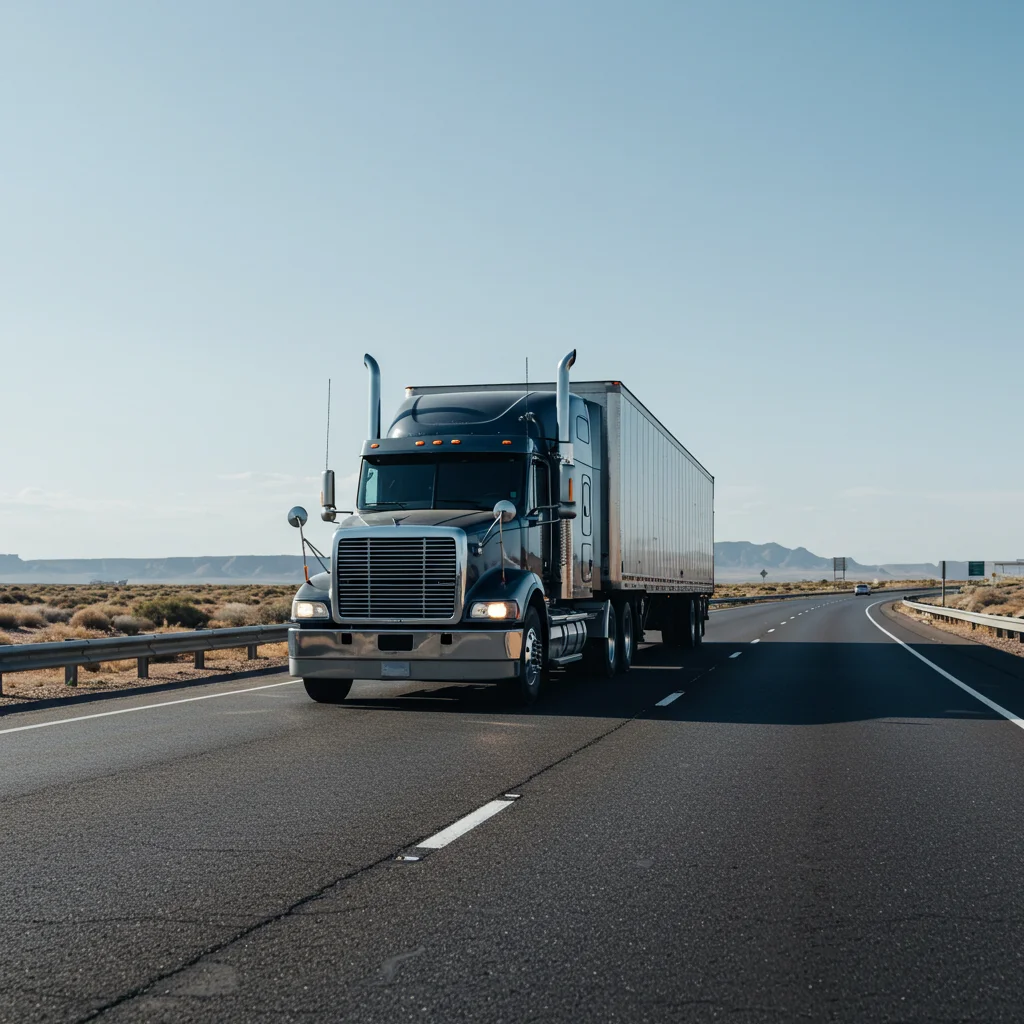
Service centers and dealerships need to understand their part in helping trucks follow the Clean Truck Check. When trucks come in for check-ups or repairs, they might need to use special OBD tools that CARB approves. These places also do visual and functional checks to find out if something has been changed or if parts like emission control labels are missing. Only authorized testers with CARB training can give a real compliance certificate. If dealerships are selling trucks that must follow the rule, they should teach new owners about it and help with fleet registration. To support compliance locally, Clean Truck Check in San Jacinto, CA provides services aligned with these standards, helping ensure trucks are properly inspected and meet California emissions requirements.
You need to know the testing dates for your truck. You may need to do quarterly or biannual testing depending on your VIN, GVWR, and registration date. Some dates, like January 2025, are very important for when testing starts. But not all trucks have to follow this rule. Military vehicles, emergency trucks, historical vehicles, and gas trucks are usually exempt. Some vehicles with experimental permits or ones that stay outside of California might not have to join either. Knowing this can help you avoid problems and save the $30 fee each truck needs to pay.
City vehicles, garbage trucks, and construction trucks are big parts of the Clean Truck Check. They often create more pollution, so they must pass checks like the CTC-VIS and SAE J1667 smoke test. This helps lower NOx and PM 2.5, which cause health problems and hurt the environment. People who manage these trucks must use telematics and automated reports to make sure their trucks are safe and meet the NOx standard. If they don’t, they might get citations, face extra inspections, or be told their truck is not allowed to drive.
Noregon’s Truck Check Up makes it easy to follow the Clean Truck Check rule. It uses data from your truck’s OBD system to watch for problems. This tool helps you see which trucks need help before they get in trouble. It also gives you reports, tracks vehicle data, and sends compliance alerts. Using it with JPRO diagnostics lets you see issues early, fix them fast, and avoid problems like tampering or too much smoke that can lead to big fines or lost registration.
To test your truck the right way, you need the right OBD adapters and cables. Some trucks need special adapter drivers or OE applications to read their emissions correctly. These tools must work with PEAQS, CTC-VIS, or Truck Check Up software. If you use the wrong tools, your tests might not work. That could cause you to fail or miss problems like emission recalls. It’s smart to keep your tools updated and working well so your tests are right, and your reports match CARB rules.
JPRO Diagnostics and NextStep Repair help truck shops and fleets pass Clean Truck Check. JPRO reads data from the OBD system and tells you when something is wrong with emissions or if there is tampering. NextStep Repair gives easy-to-follow steps to fix the problem fast. Together, these tools help meet quarterly testing needs and keep track of VINs, past problems, and anything else the Clean Truck Check might ask for. They make it easier to stay safe, legal, and ready for CARB inspections.
Fleet managers and truck owners have many questions about the Clean Truck Check. Some ask if trucks from out of state must follow it. Yes they do if they drive in California. Some want to know if emergency trucks are included they are exempt. Others worry about missing a compliance deadline, which could lead to fines or registration blocks. CARB also explains how to get a compliance certificate, pay the $30 fee, and fix things like tampering or smoke issues. To stay ready, it’s smart to sign up for CARB alerts and get your trucks tested by an authorized tester.

Understanding Truck Emission Control Systems | A Driver’s Guide
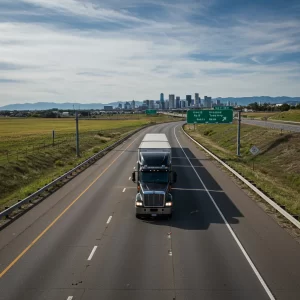
What is the Lifespan of Truck Emissions Components | Guide to Durability and Replacement
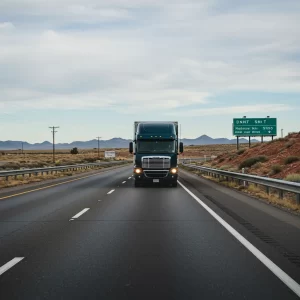
Are New Diesel Trucks Reliable with Emissions Systems | What You Need to Know
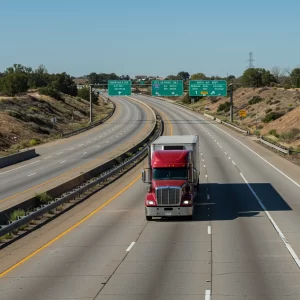
Truck Emissions Maintenance | How to Reduce Pollution and Boost Efficiency
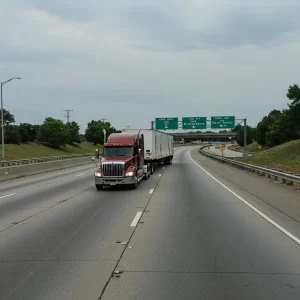
Reduce Truck Emissions | Practical Ways to Lower Your Carbon Footprint
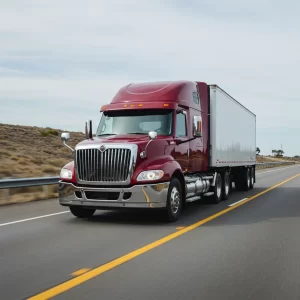
What Causes High Diesel Emissions | Key Factors You Need to Know